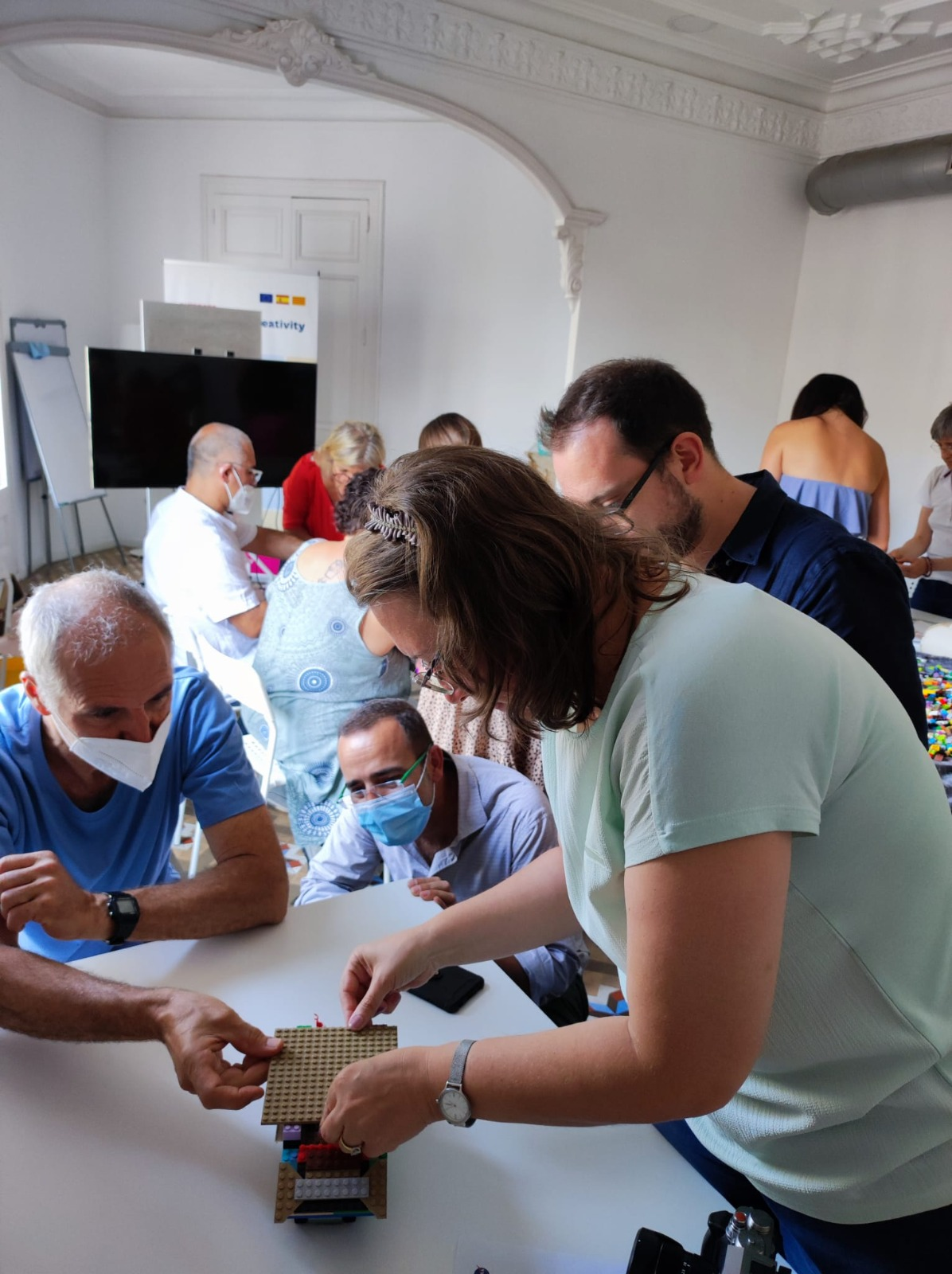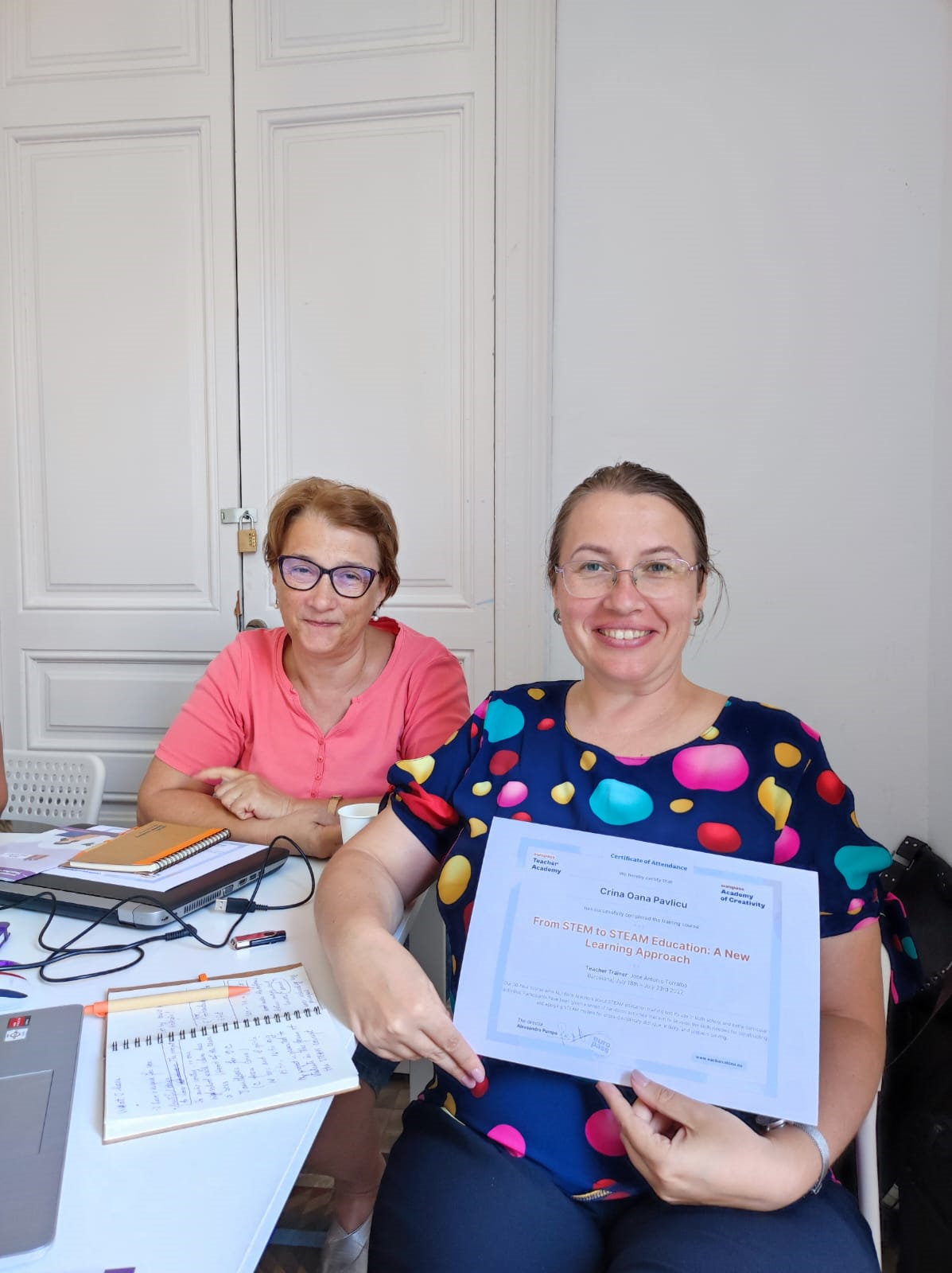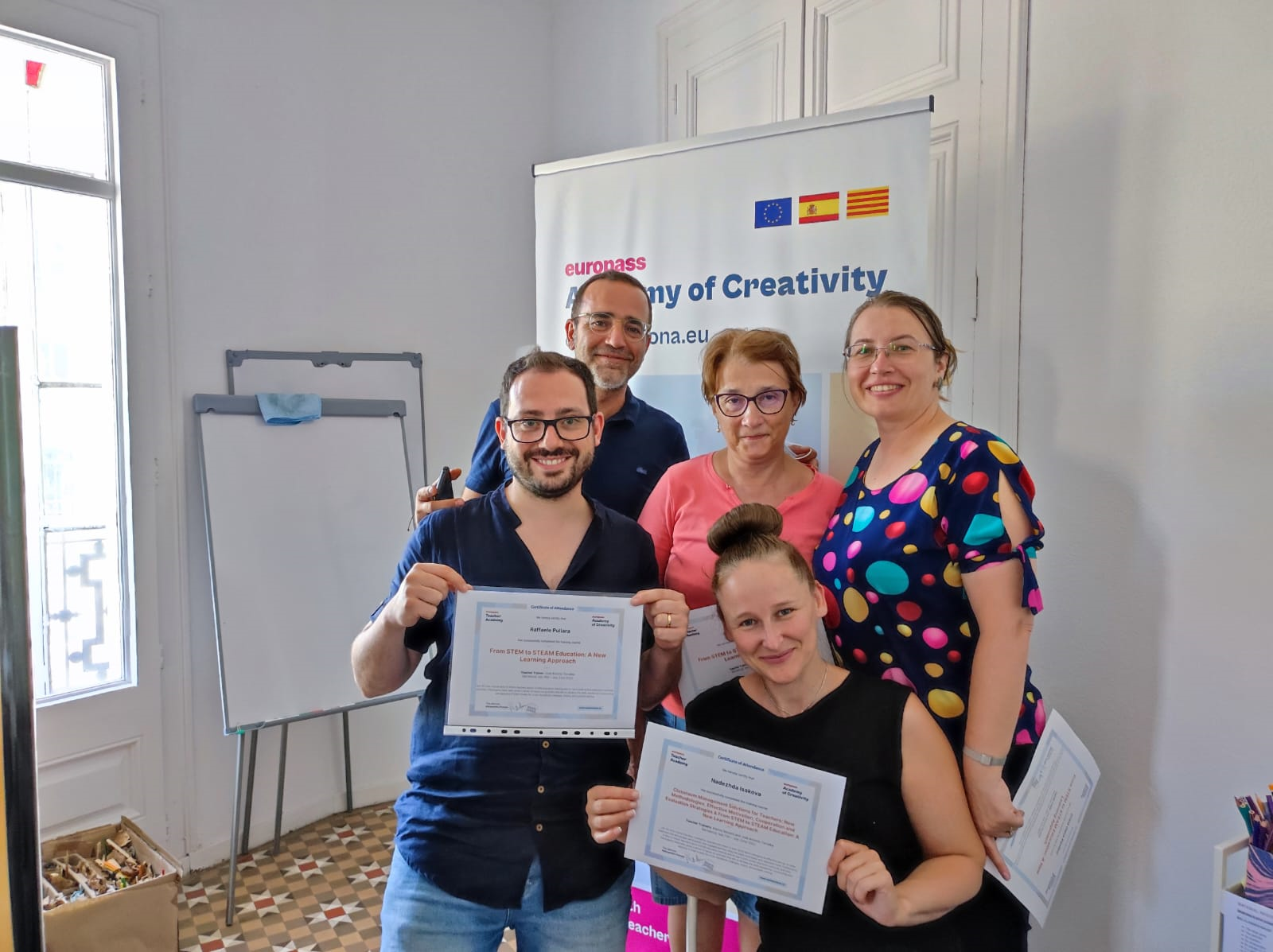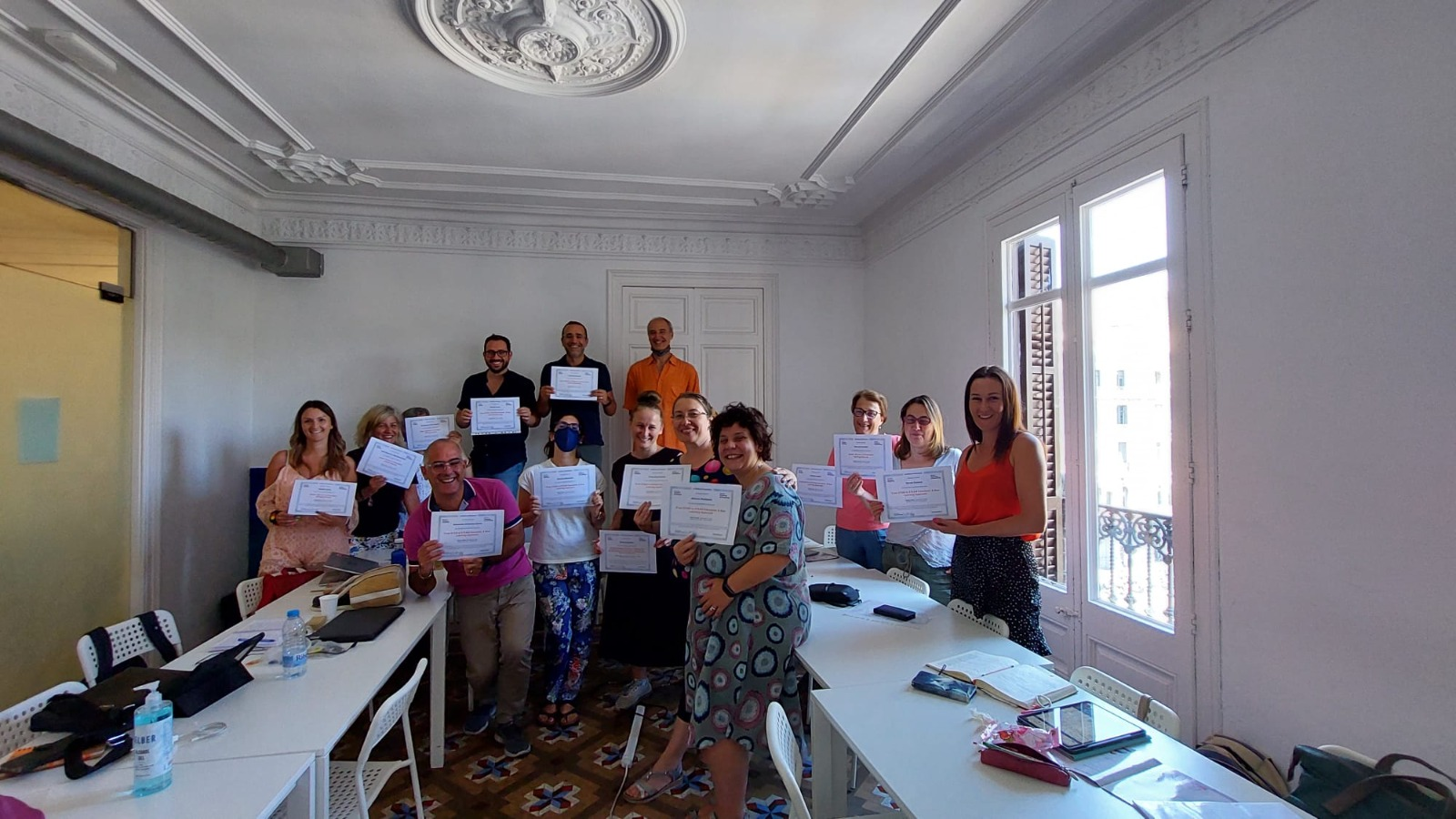From STEM to STEAM in Education: A New Learning Approach Makerspaces in Education
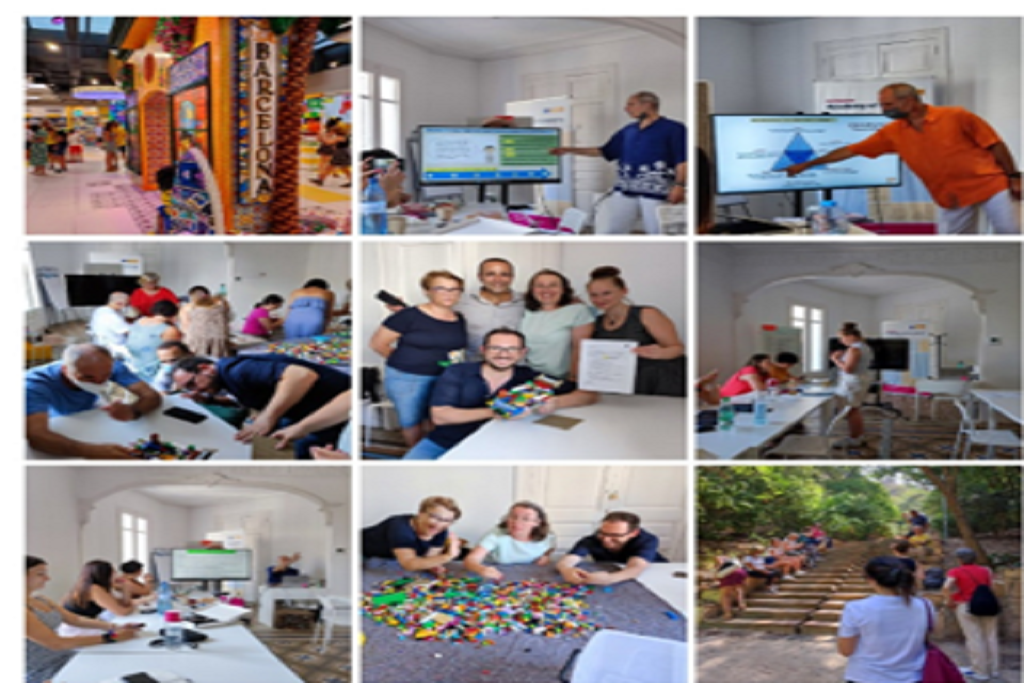
The initiative of launching an Erasmus project in our school has been well received by me, as I have identified a need in the teaching process for improvement and for development towards using technology and integrative knowledge. We as teachers need to stay connected to information, teaching methods, new concepts, and technology to be able to develop skills that help us implement a dynamic curriculum that supports problem-solving skills, critical thinking, and real-world problem-solving ideas and offer an alternative or supplement the traditional school experience.
I have always wanted to participate in such a project and as a result, here we are July 18th 2022 the day we arrive in the beautiful cultural city of Barcelona at Europass Teacher Academy for the Course - From STEM to STEAM in Education: A New Learning Approach Makerspaces in Education.
Let me present you briefly how I began my journey towards becoming a better teacher during these 6 days’ course. In this programme we reviewed the development of STEM, STEAM and MAKERSPACES, all within the framework of Project-based teaching and Learning. Firstly, we were explained what STEM and STEAM is (Science, Technology, Engineering, ARTS, Mathematics) and what is their impact towards learning in classroom and how we, as teachers, can implement this concept, so that children can be more engaged during school hours.
We committed in practical activities related to these concepts and instructional methods. An example of Makerspace concept was introduced to us by getting things together for a project-based activity in nature. We were gathered in a forest at the heart of the Gothic Quarter in Barcelona where we had to display teamwork in a natural makerspace, using both practical experience and technology.
Another interesting activity was to design a 1:10 scale companion rover having already given characteristics and constrains. The exciting parts of this activity were: working on a NASA requirement for their solution team (the requirement itself), building this rover together as a team using LEGO and afterwards presenting it using the available technology. This activity was to teach us how to teach our children in school using game-based Learning, where they will exert teamwork, creativity display, controlled competitiveness, strategy simulator, peer positivity, smaller stress, alert attention.
Finally, we had to develop our own STEAM/MKERSPACES project with all what is implied: design framework, journal writing, drafting a plan, getting all this together and presenting it. In this regard, I chose to make a project based on the Vocal Sound from STEAM perspective. For my project, children at school are divided into groups where they will answer the following questions or participate to the below activities, respecting the STEAM concept:
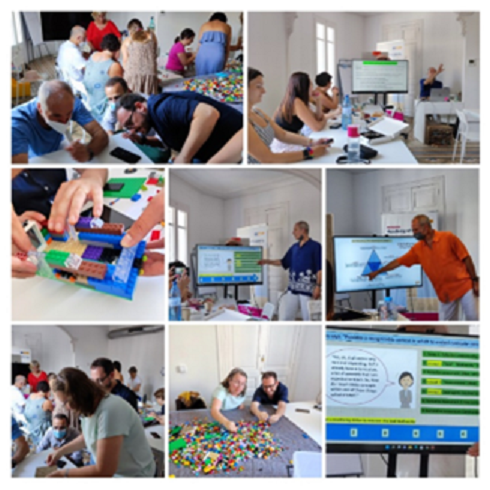
SCIENCE- How is biological sound formed?
TECHNOLOGY- What is sound? Physical phenomenon
ENGINEERING- Students will make tools. (maracas). They will discover different sounds.
ARTS- Students will hear famous areas. Will classify the types of voices (soprano, mezzo-soprano, tenor, bass). They will emit impressions, feelings.
MATHEMATICS- What is the difference between E and E flat?
Overall, this Erasmus experience really helped us see teaching from a different perspective and taught us that we, as teachers, have all the means and tools to help our children at school to develop and learn more. In this regard, we learned teamwork and creating a natural space for projects, activities, and development (Makerspace). We added to this learning journey some soft skills like creativity, strategy simulator, problem-solving, peer positivity, alert attention, active learning, emotional intelligence, and communication at all levels. Also, from knowledge point of view, the concepts of STEAM and Makerspace were known to me, but highly improved as a concept and teaching method after this course, resulting in me, being able to design a STEAM/Makerspace project which can be implemented during school hours. Students should not have knowledge of science, technology, engineering, arts, and math as independent disciplines because they do not exist in world as such. Instead, they should gain an integrative knowledge of these disciplines. And STEAM is an efficient way to do that.
